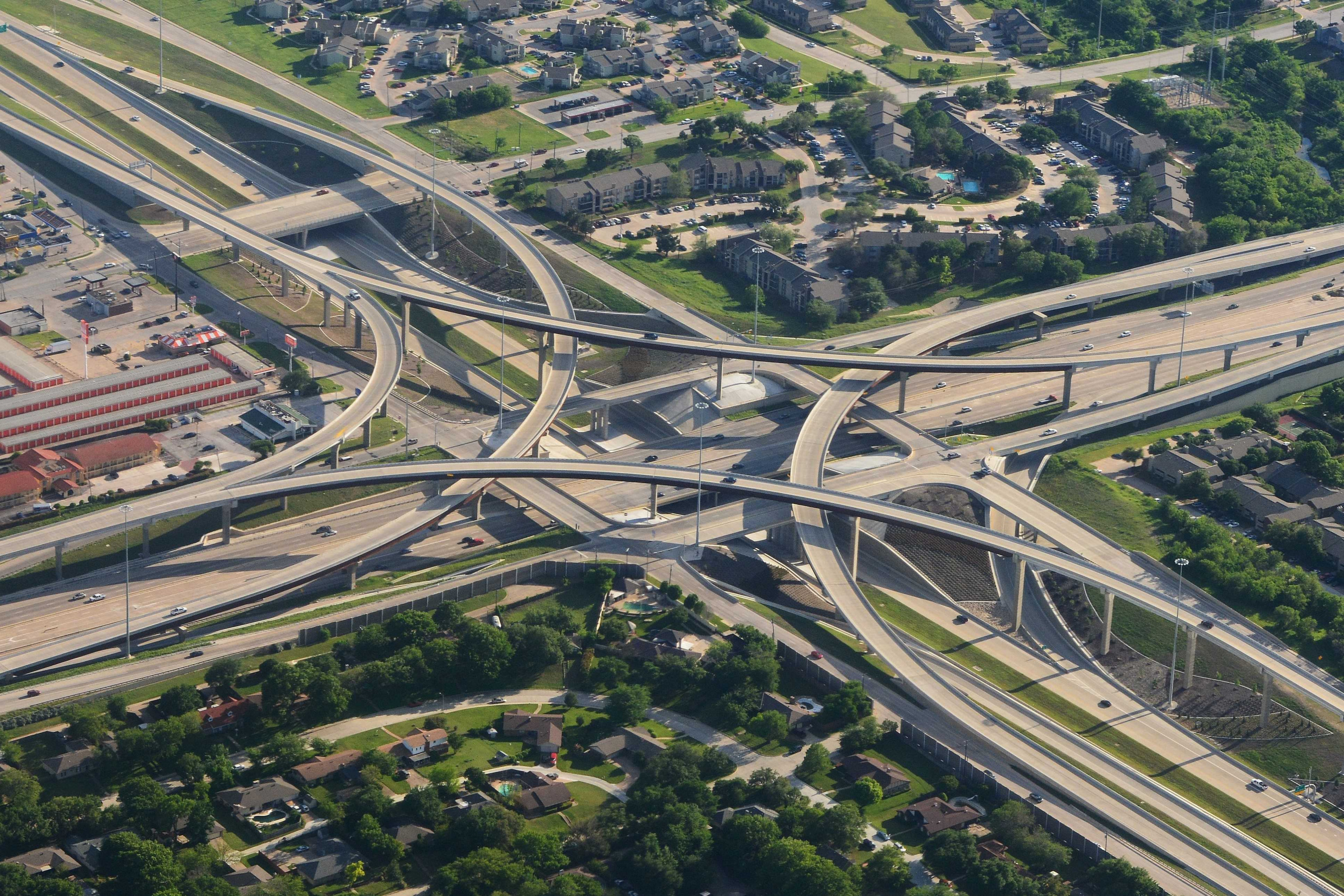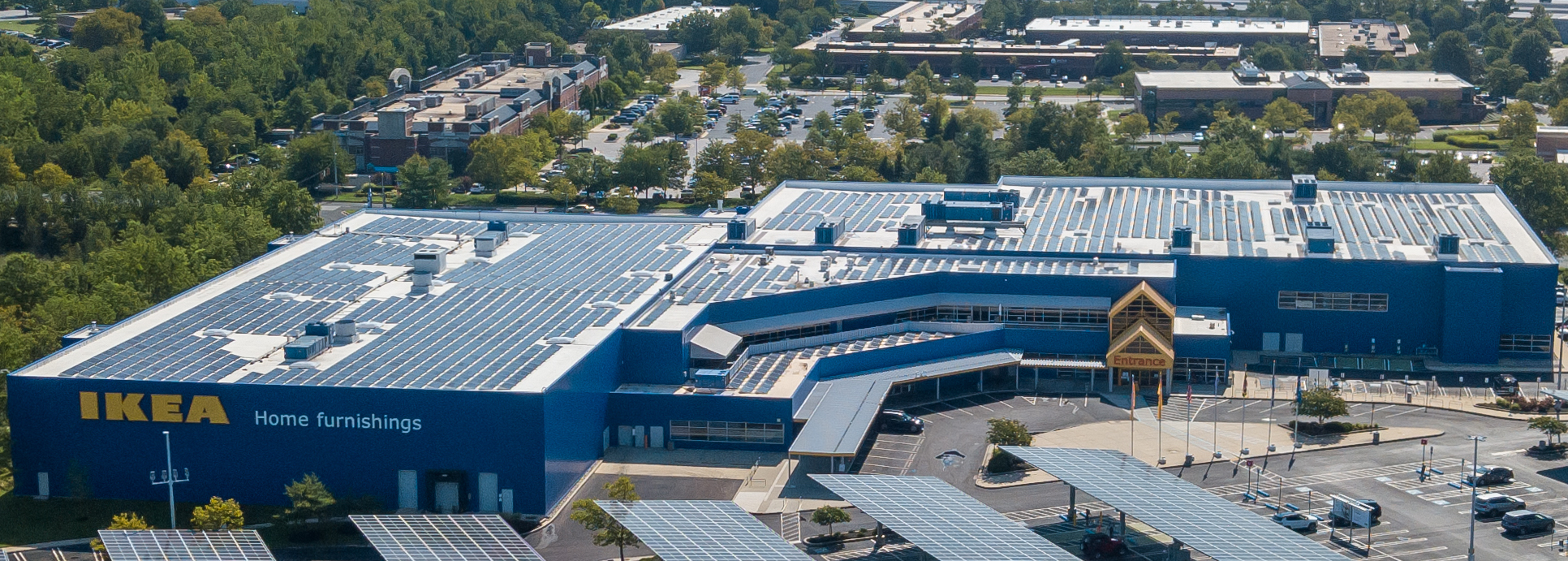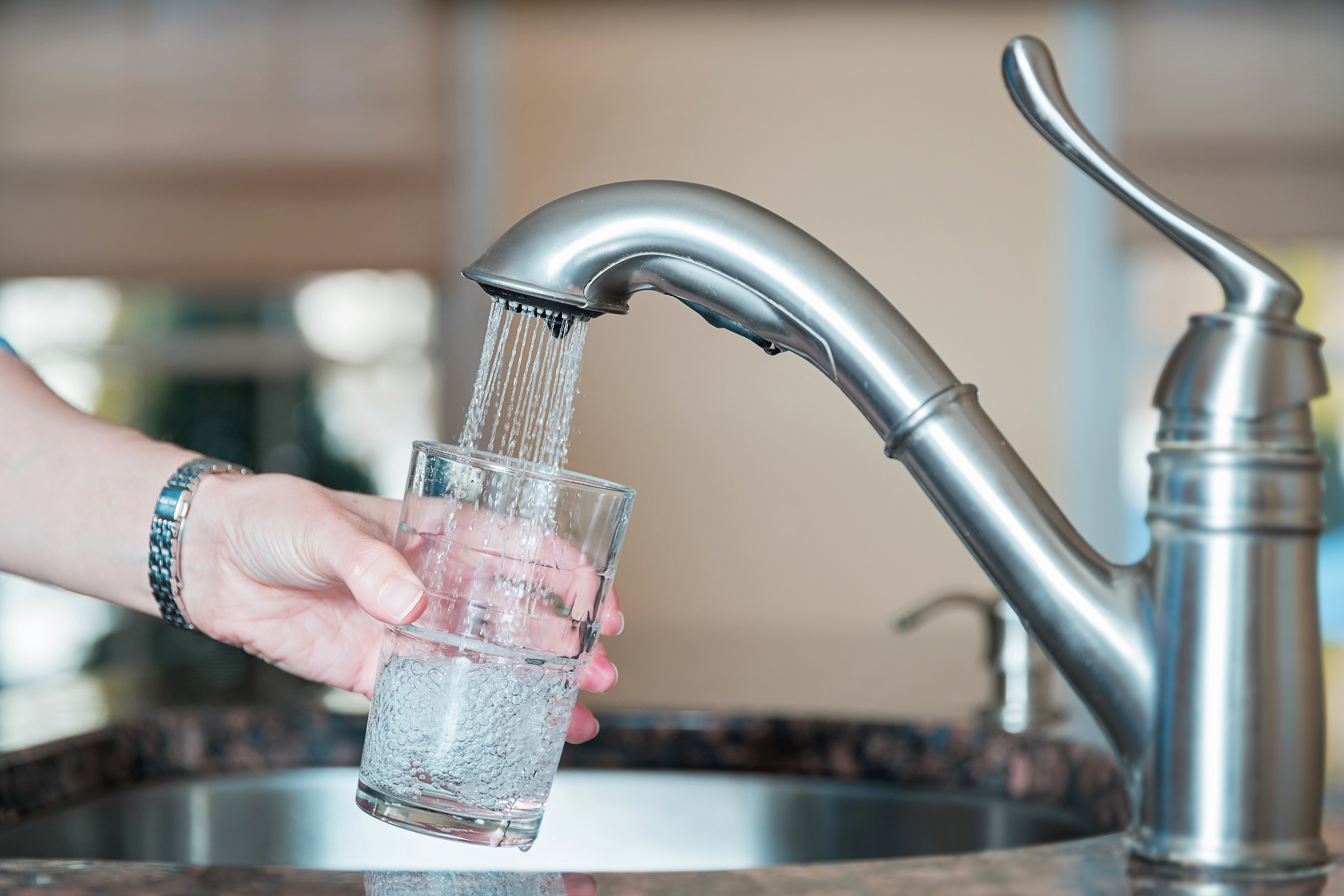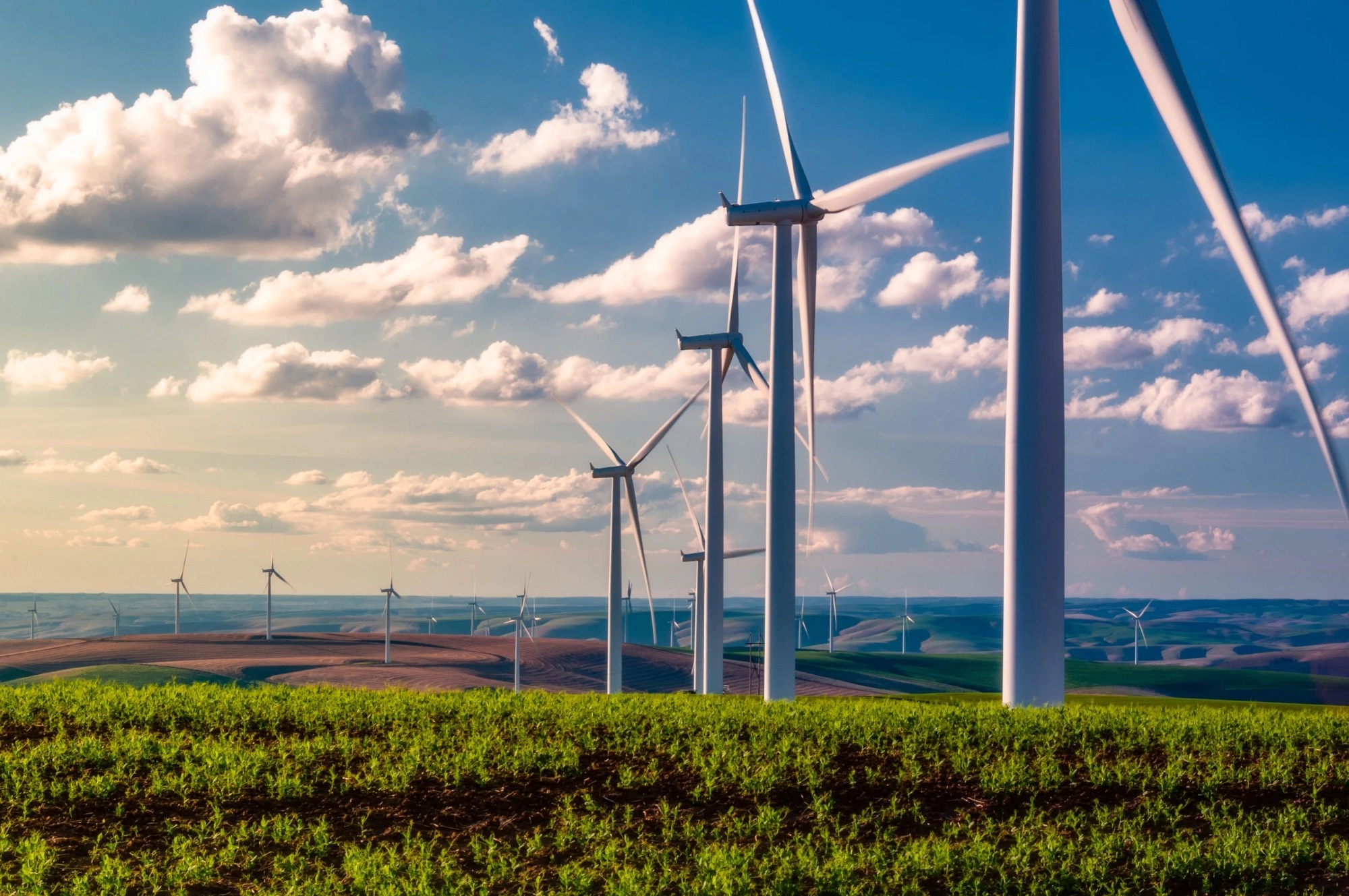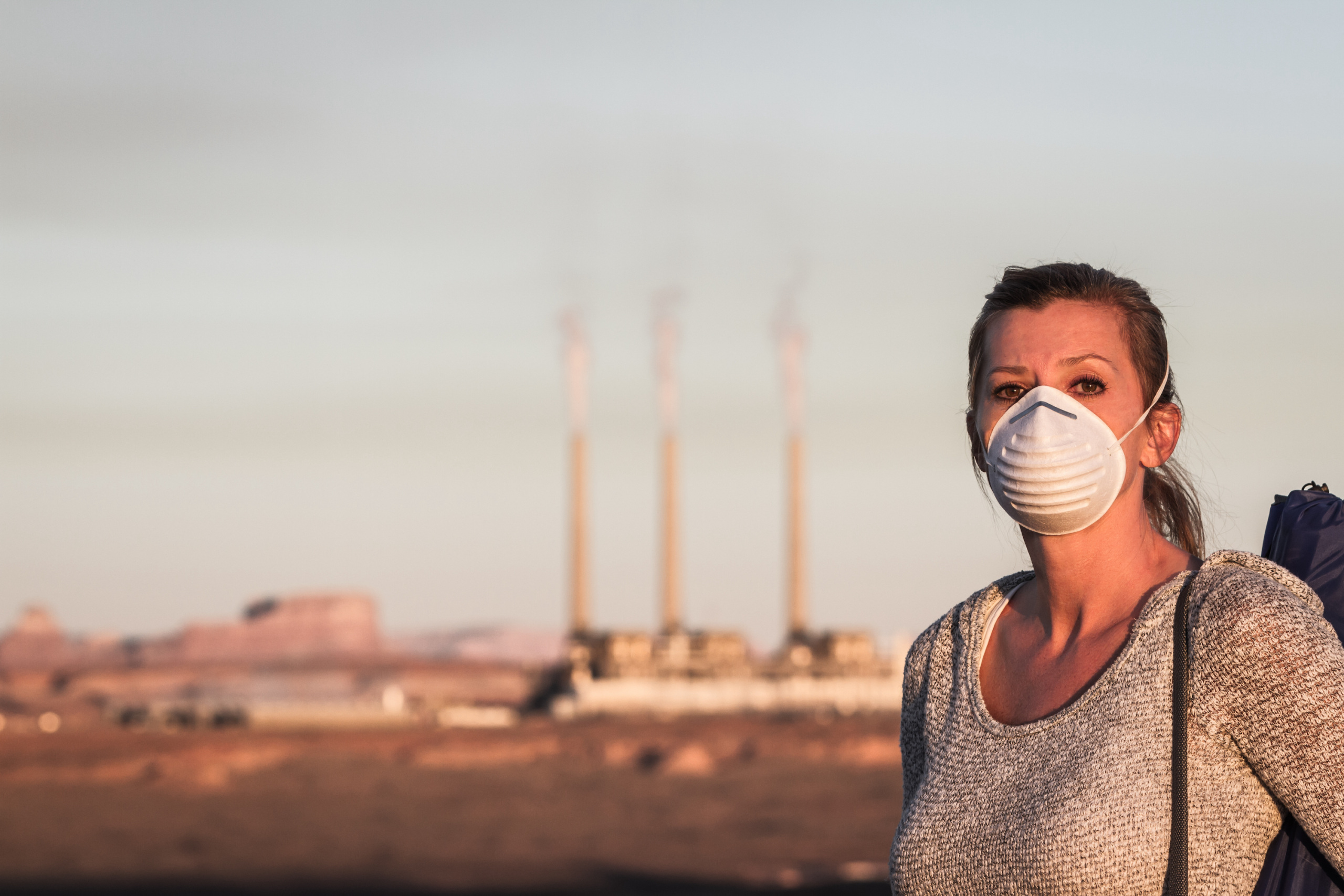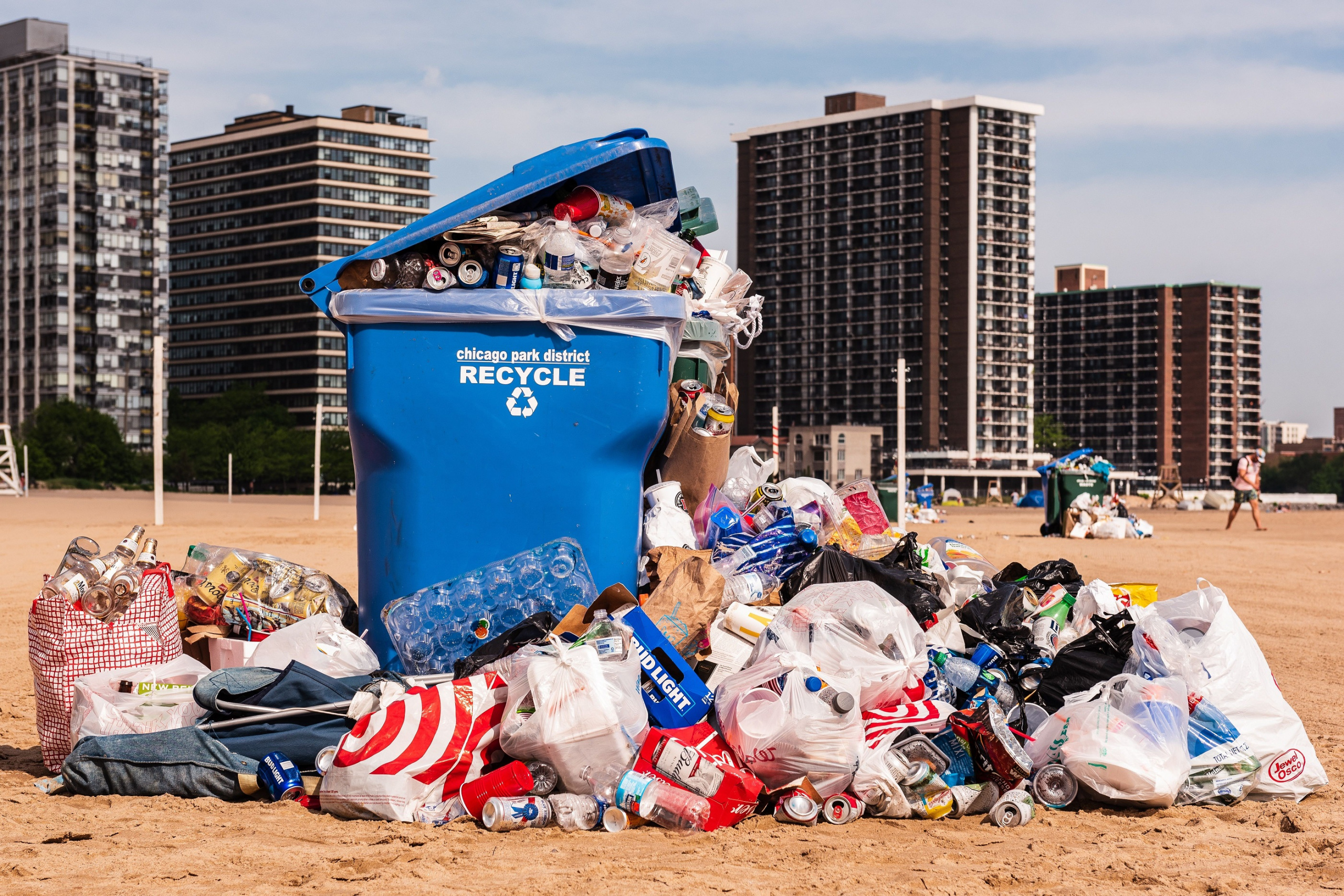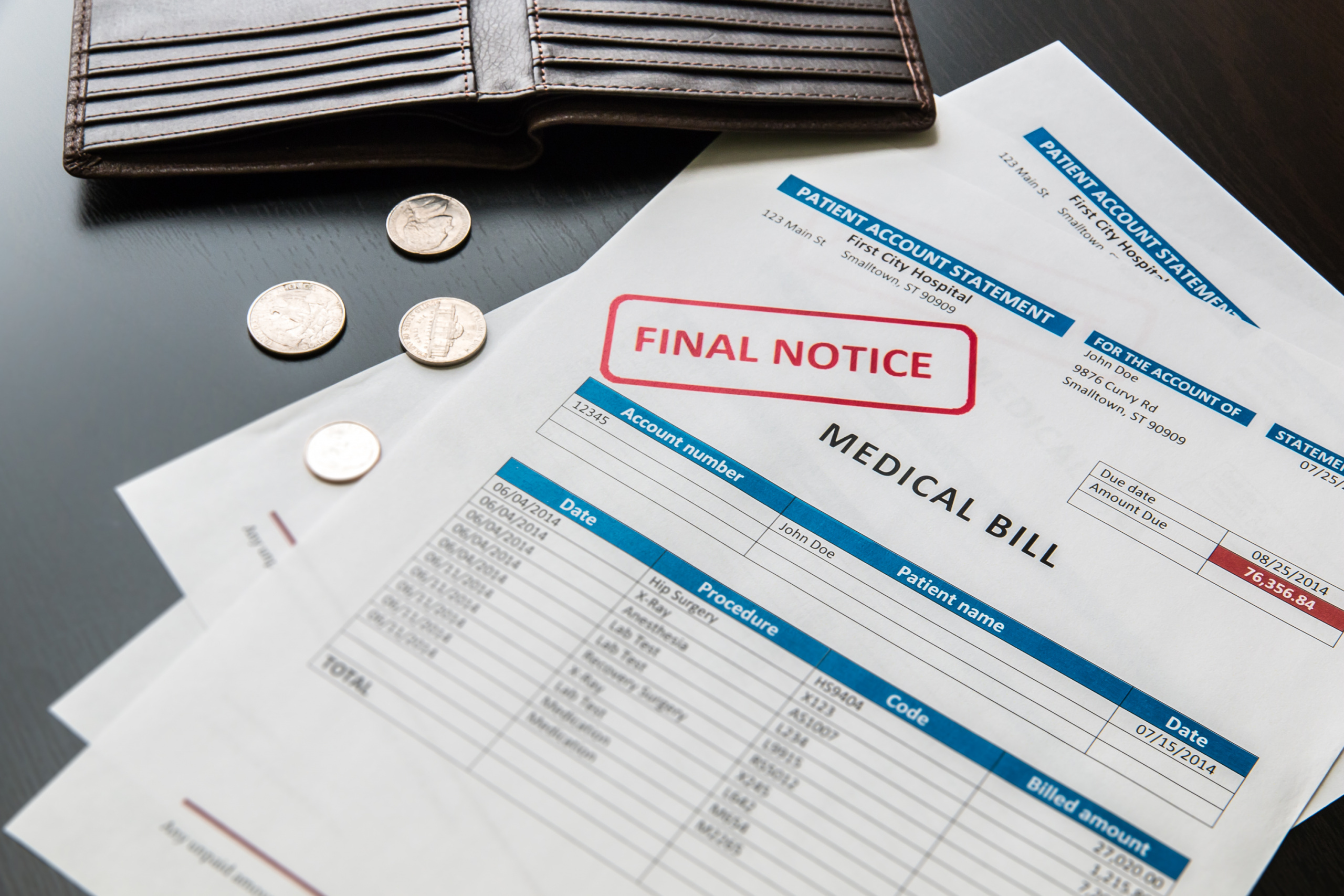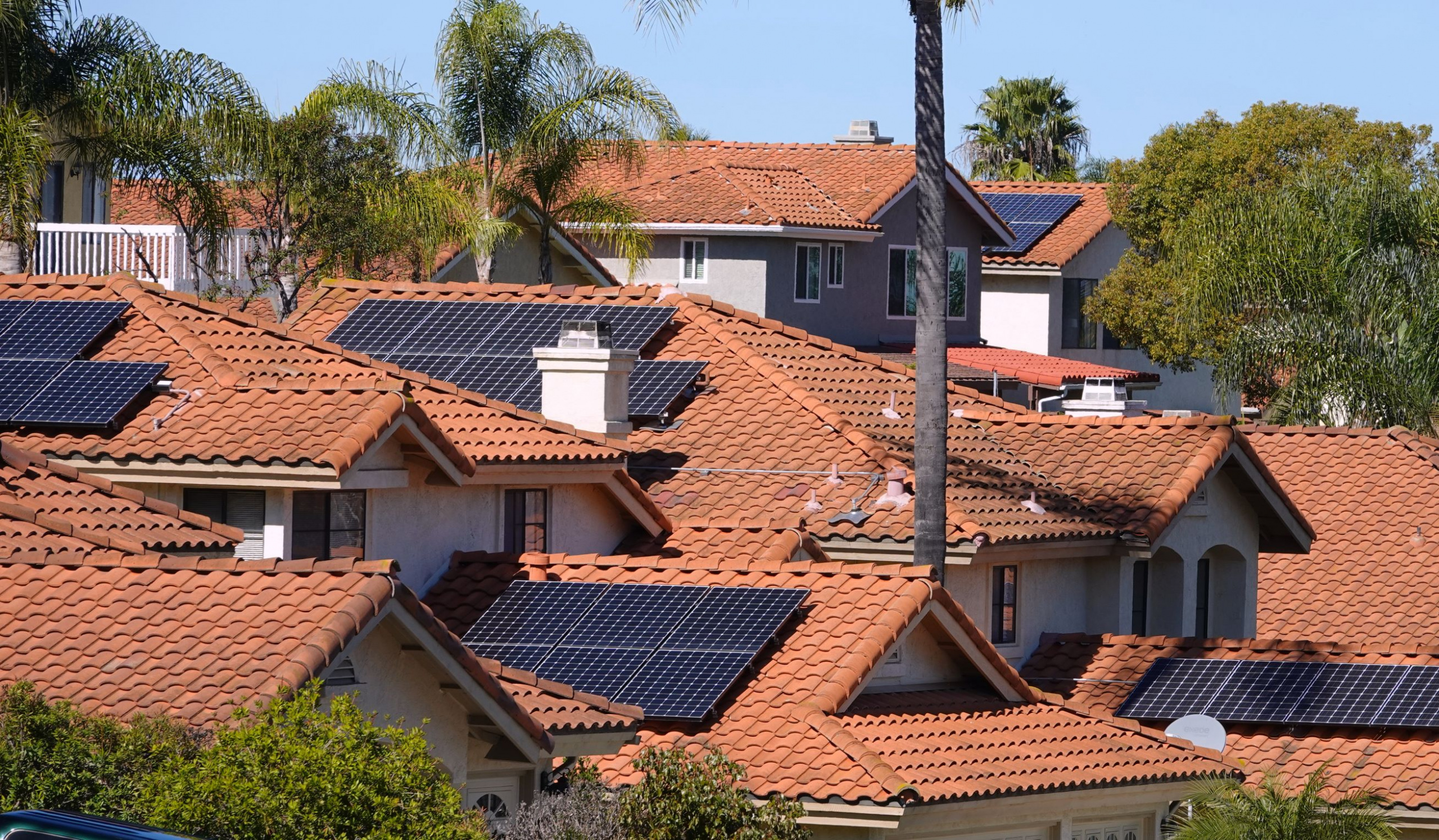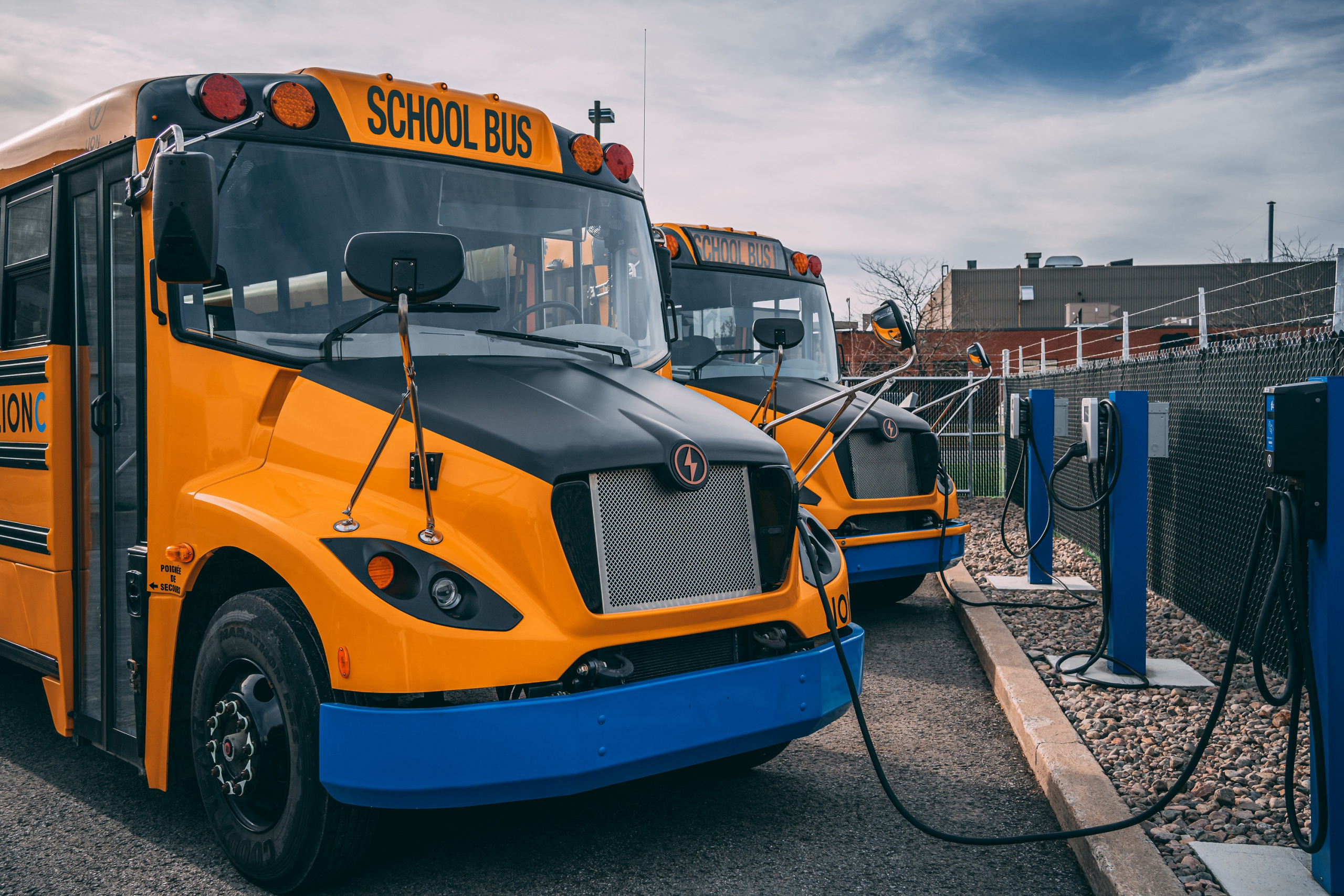
Electric School Buses and the Grid
Electric school buses have established themselves as a clean, reliable, cost-effective alternative to their diesel-powered predecessors. As well as improving our children’s health and reducing air and noise pollution in our communities, however, when equipped with vehicle-to-grid technology, electric school buses can become a critical source of battery storage to provide stability, capacity and emergency power to the grid, and have the potential to play a key role in the transition to a renewable energy grid.

